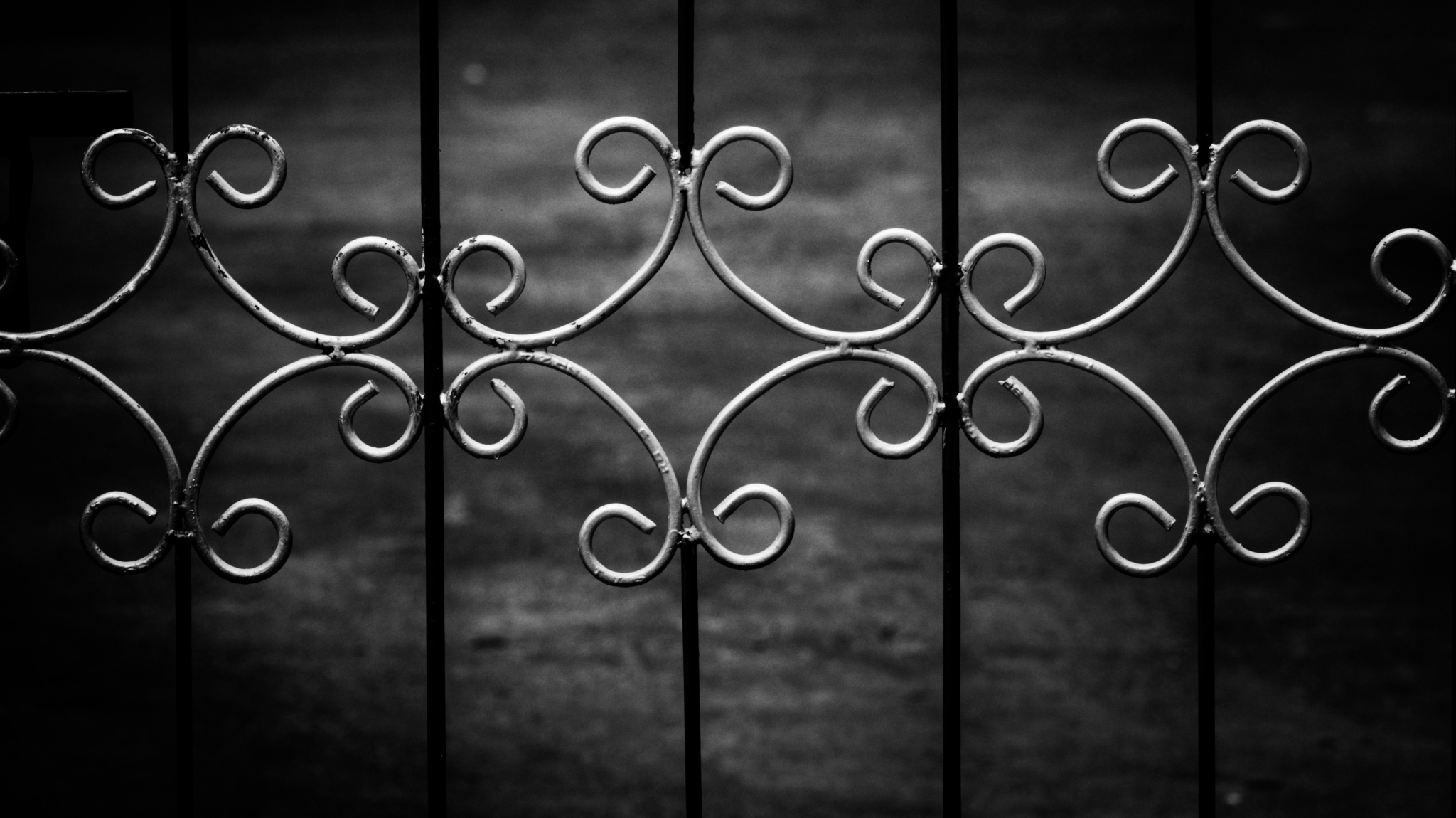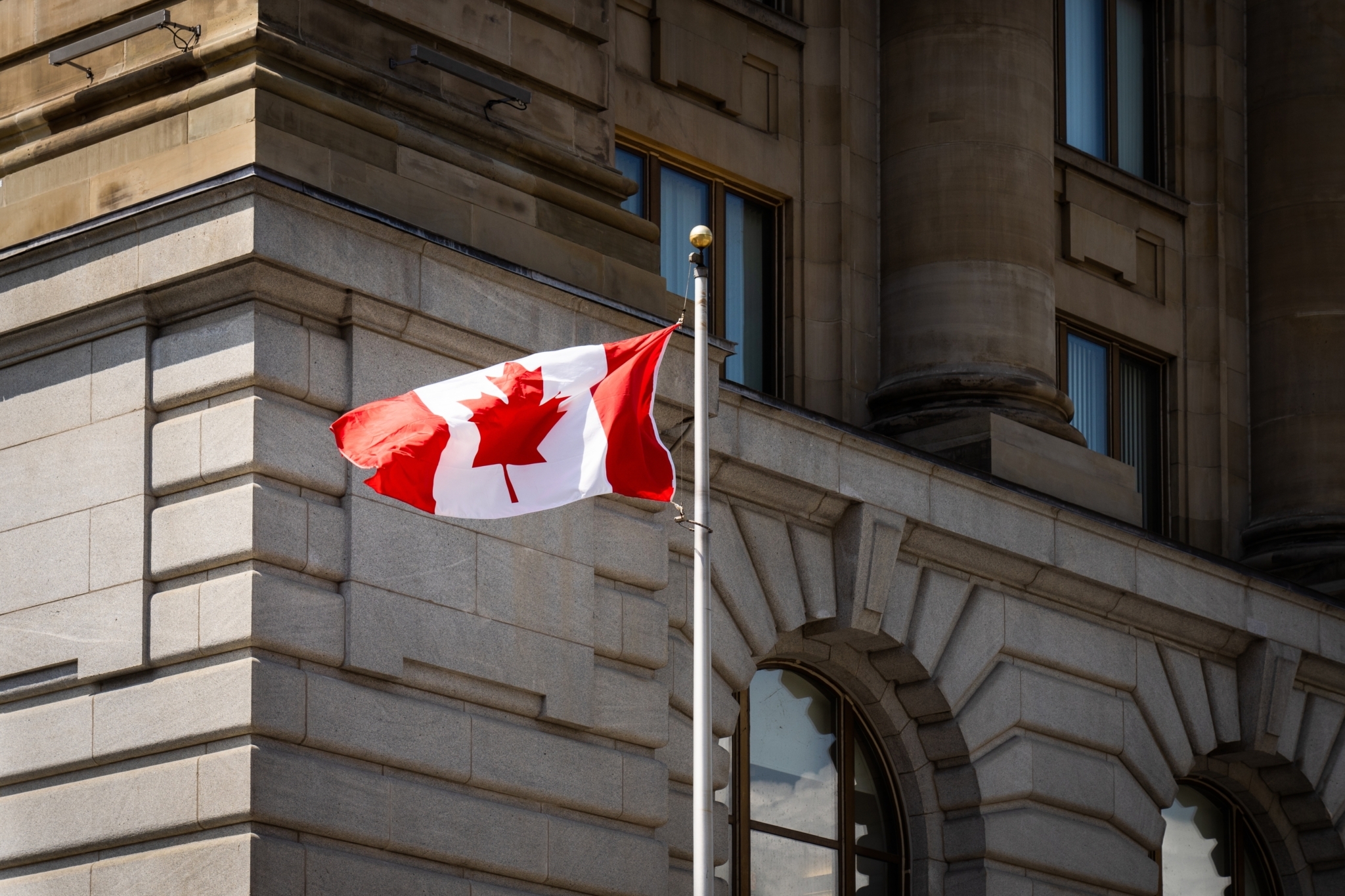August 11, 2008 | Planning Matters | 6 min read
The Responsibilities of an Executor
The Responsibilities of an Executor
One of the most important decisions in preparing a Will is choosing an executor. However, all too often insufficient time is spent on this critical decision. Usually, a family member or friend is chosen without recognizing that being an executor is very demanding and time consuming.
In order to fully understand the consequences of selecting a friend or family member as executor, let ’ s consider the responsibilities of an executor. Generally speaking, the executor has a fiduciary obligation to ensure that the estate is distributed according to the terms of the Will in the most efficient manner while minimizing any taxes paid by the deceased and their estate. An executor ’ s responsibilities arise during four stages: before probate, the preliminary administration, the interim distribution and the completion of the estate.
Before Probate
The first responsibility of an executor is to make funeral arrangements. It is very important for the executor to know the wishes of the deceased. An executor does not want to arrange for burial and then find out later that cremation was preferred or discover that a simple funeral was previously pre-paid after a more expensive one has taken place.
Next, the executor has the responsibility of notifying all interested parties of the passing. This includes not only beneficiaries and next-of-kin but also all of the organizations with which the deceased had dealings. Until probate is issued, the deceased’ s assets are frozen and these entities need to be aware of the situation. In addition, the executor must secure all of the deceased ’ s assets. Any valuable assets like real estate, vehicles, boats, art or jewelry must be protected and have proper and continuing insurance.
Once the estate assets are secure, the executor must work with a lawyer to make the application for Letters Probate. To complete the application, the executor needs to know the deceased ’ s assets, including accrued income, and liabilities as of the date of death. As well, if significant assets are involved, formal valuations and appraisals may be required.
As mentioned above, the executor must notify the beneficiaries named in the Will and the deceased ’ s next-of-kin. Usually, they are one in the same. Sometimes, however, the beneficiaries are not family and some investigative work is required to locate next-of-kin. Notifying next-of-kin is a legal requirement which can only be waived by the Court.
While all of this work determining assets, liabilities and next-of-kin is taking place, the estate remains frozen. The executor has the responsibility of dealing with the creditors of the estate and encouraging them to be patient during this process.
The Preliminary Administration
Once probate is granted, the executor commences administration of the estate. The details of the administration will be governed by the terms of the Will, but before the executor can begin to make any distributions, the debts of the deceased must be determined, proven and then paid. To ensure that there are no debts other than those identified in the probate application, the executor must advertise for creditors. The advertisement must be done in a certain way or else the executor could be personally liable to creditors who subsequently make valid claims.
Even after the advertisement for creditors have been properly completed, there may be instances where the executor should not make any distributions for a period of time. In British Columbia, a surviving spouse or child can contest a Will if they feel that it does not make proper provision for them. That claim must be made within six months after probate has been granted. If an executor makes a distribution before then, they again may be personally liable.
During this time, the executor will be responsible for ensuring that all of the assets of the estate are gathered and properly dealt with. The executor will need to obtain any insurance proceeds and final pension or death benefits. The executor must transfer the legal title of the assets owned by the deceased to the estate, and unless specifically bequeathed to a named beneficiary, make arrangements for the sale of those assets for the best price possible.
The Interim Distribution
After any statutory time periods for retaining the estate assets have passed and all proven debts have been paid, the executor can begin to make interim distributions from the estate. If the Will contains specific bequests or cash legacies, the executor must make arrangements for delivery of the cash or assets to the named beneficiaries in exchange for receipts.
Sometimes, there is provision in a Will for a trust to be created. Unless otherwise specified, the executor will also be the trustee, which can be a significant ongoing responsibility particularly where the trust will be in existence for a long period of time or contains provisions that may upset the beneficiary.
Next, the executor will consider making interim distributions to the remaining beneficiaries of a portion of the estate, withholding some amount to cover any final liabilities such as taxes. Before making any distribution to these beneficiaries, however, the executor should prepare an accounting of all of the transactions that occurred in respect of the estate. If the executor wants to claim fees, the accounts should include a calculation of the proposed compensation. Before the interim distribution is made and any executor fees are taken, the executor must obtain written consents and releases from the remaining beneficiaries approving the accounts and the work done to date. If they do not approve, the beneficiaries can insist upon the accounts being passed before the Court. This process is expensive and time consuming and could result in the executor being challenged for the way in which the estate was administered.
Final Distribution
Before the final distribution is made, several tax returns need to be filed. It is critical that the executor be aware of these returns and when they are necessary or advisable. Unless the executor is very familiar with the special tax provisions that arise upon passing, they should hire a tax professional to assist them with these various returns.
Once all of the filed tax returns have been assessed by CRA and any outstanding taxes paid, the executor must apply for a final tax clearance certificate. Without this certificate, they could be personally liable for any taxes owing by the deceased or the estate after they have made the final distribution. Lastly, the executor should prepare the final accounts showing the transactions that have occurred since the interim accounting and obtain consents and releases from all beneficiaries approving the accounts before making the final distribution.
Conclusion
The responsibilities of an executor can be both demanding and complex. Great care should be taken when considering the appropriate executor for your future estate. A personal friend or family member should be aware of or able to determine your current financial and family affairs, be knowledgeable of the executor’ s responsibilities, and be even handed. In many cases, corporate or professional executors are appropriate for this role. An attractive option may be to appoint co-executors: one friend or family, and one professional executor. Everyone ’ s situation is different and is often changing, so it is important to review the suitability of your executor and to consult a professional if you require more information to help make your decision.




